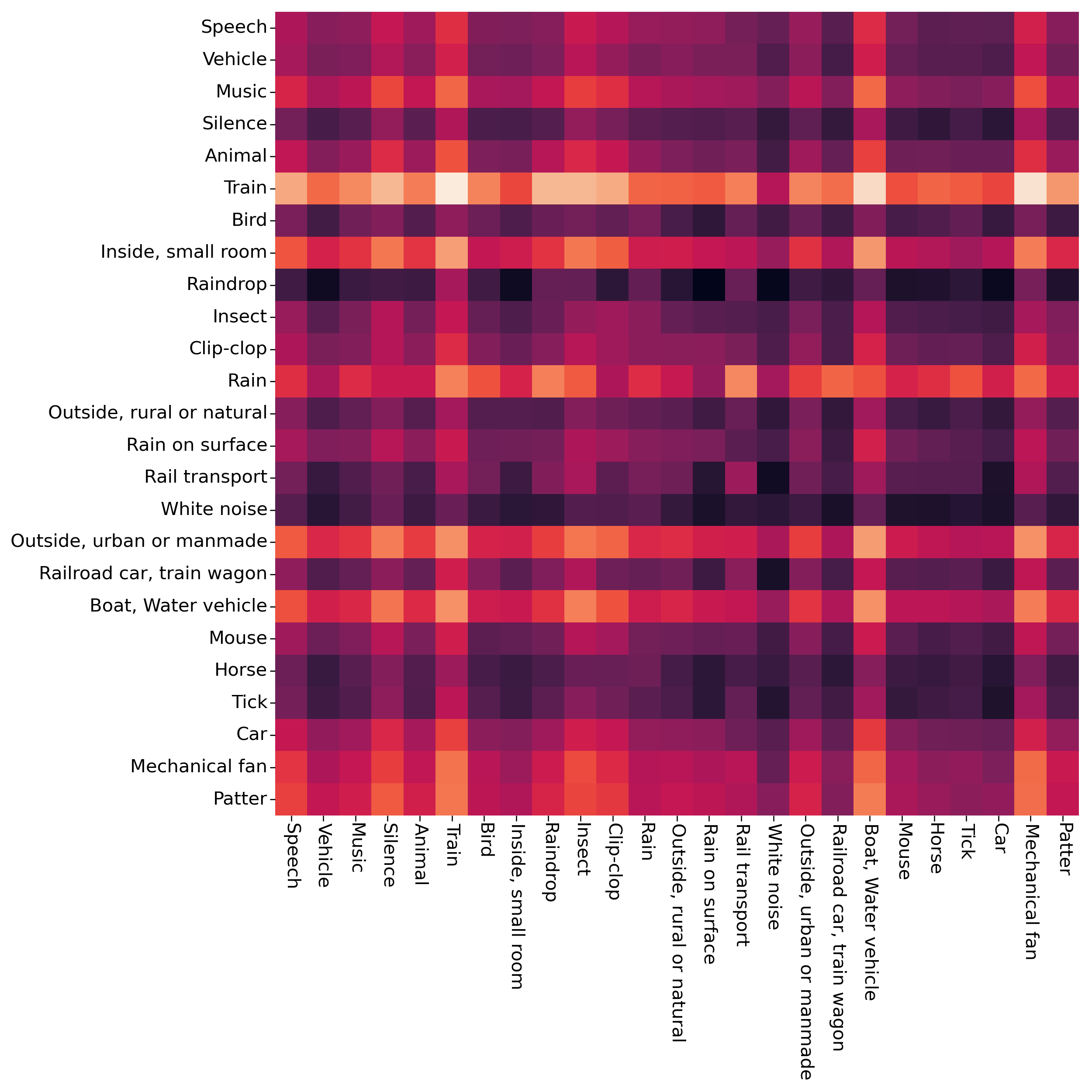Multi-dimensional Edge-based Audio Event Relational Graph Representation Learning for Acoustic Scene Classification
Most existing deep learning-based acoustic scene classification (ASC) approaches directly utilize representations extracted from spectrograms to identify target scenes. However, these approaches pay little attention to the audio events occurring in the scene despite they provide crucial semantic information. This paper conducts the first study that investigates whether real-life acoustic scenes can be reliably recognized based only on the features that describe a limited number of audio events. To model the task-specific relationships between coarse-grained acoustic scenes and fine-grained audio events, we propose an event relational graph representation learning (ERGL) framework for ASC. Specifically, ERGL learns a graph representation of an acoustic scene from the input audio, where the embedding of each event is treated as a node, while the relationship cues derived from each pair of event embeddings are described by a learned multidimensional edge feature. Experiments on a polyphonic acoustic scene dataset show that the proposed ERGL achieves competitive performance on ASC by using only a limited number of embeddings of audio events without any data augmentations. The validity of the proposed ERGL framework proves the feasibility of recognizing diverse acoustic scenes based on the event relational graph. Our code is available on our homepage (https://github.com/Yuanbo2020/ERGL).
PDF Abstract




